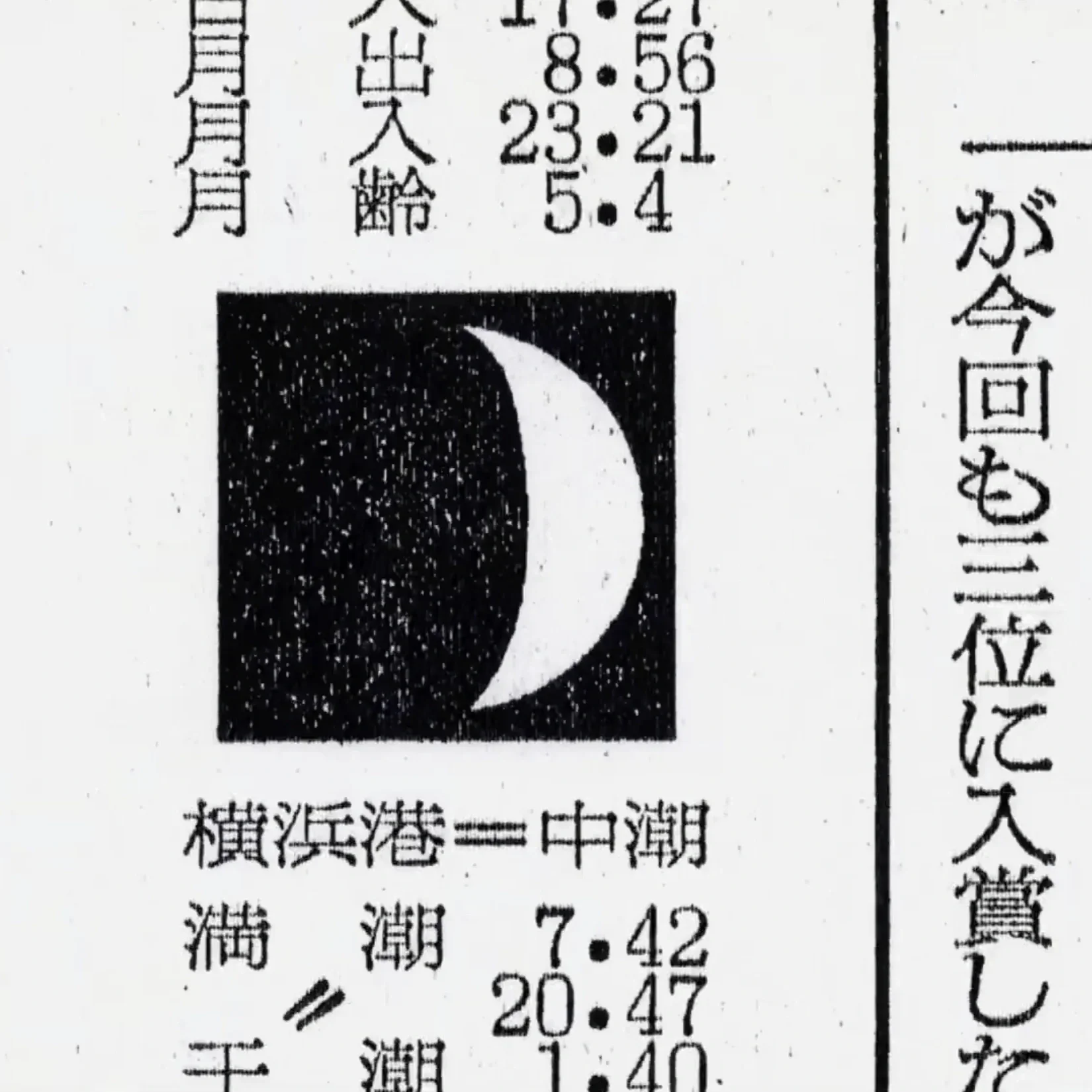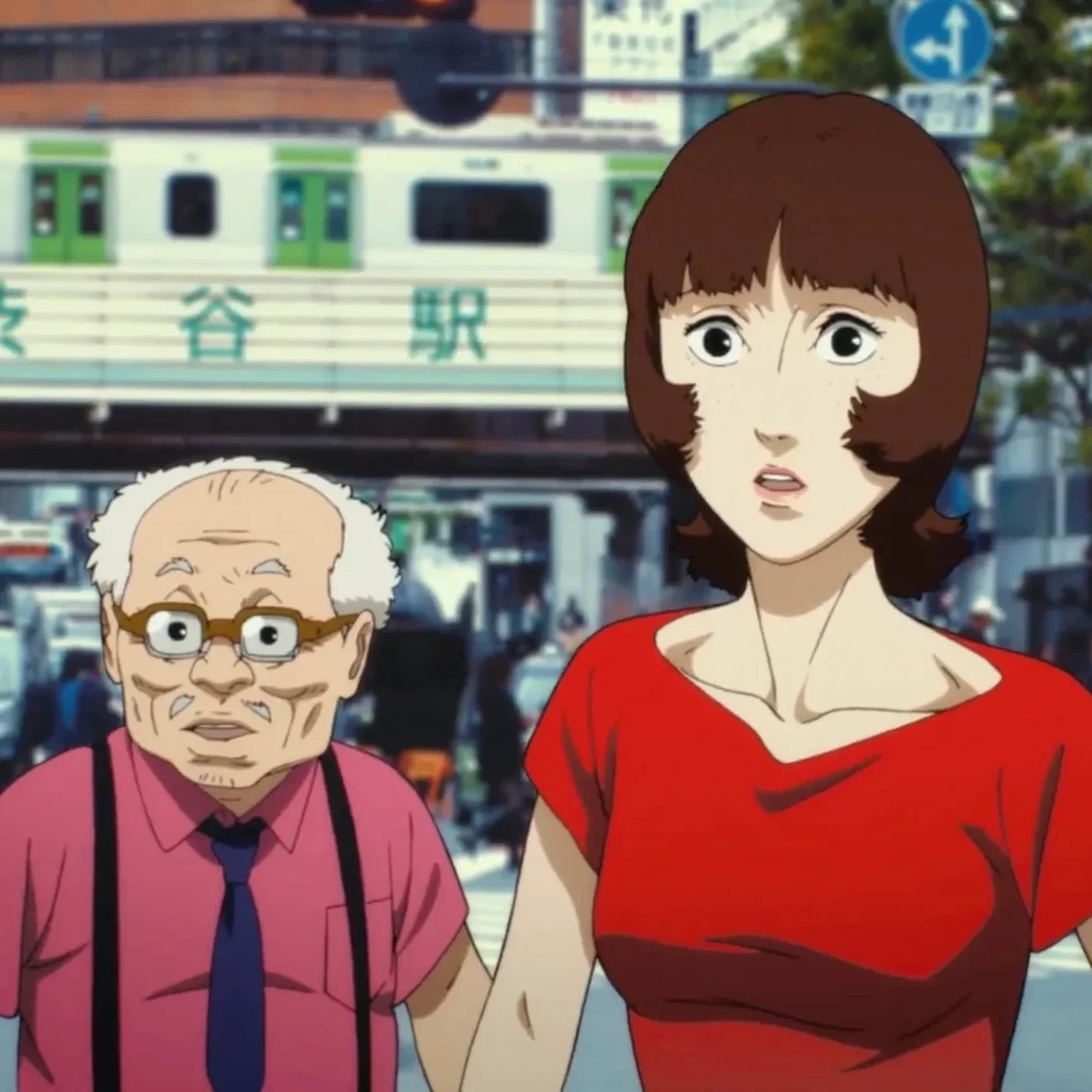tamanaramen - The Subaquatic Universe of Two Sisters
tamanaramen│© Mathias Adam
tamanaramen’s music defies easy categorization upon first listen. With its singular name, the Tokyo-born duo, composed of sisters Pikam and Hana Watanabe, masterfully blends techno, ambient, and bass instrumentals, elevated by Pikam’s ethereal, whisper-like vocals.
Despite their futuristic, sci-fi aesthetic, the group debuted in 2018, crafting a distinctive universe with 3D visuals and frosty hues. Following their initial release My Summer Memories in 2018 and their debut EP Hajimari (Japanese for Beginning) in 2023, they’ve captivated audiences across the globe. Their recent singles, Naminokatachi & 14 Rue D’abbeville, showcase their signature techno and bass-driven soundscapes.
Now based in London to expand their artistic horizons, the duo made their Hong Kong debut at Soho House in October 2024 and are working on their first full-length album. With bilingual lyrics in Japanese and English, tamanaramen invites listeners into their entrancing digital ocean universe.
We spoke with the duo to explore the inspirations behind their music and the creation of their singular world and upcoming releases.
Can you tell us about your background and the origin of the group’s name?
Hana: It all started when my sister was in High School when she wrote songs in the form of poetry readings like a diary about things she didn't want to forget after the death of our grandfather. Since my sister and I majored in video in College, we naturally began to create together, adding vj's during live performances.
The origin of the name is the same Twitter id that my sister used, so no meaning ! But there is something called "Tamana Ramen" in Kumamoto!
courtesy of tamanaramen
What inspired you to start making music, and what kind of music influenced you when you were younger?
Pikam: I am a forgetful person, so I wanted to record my memories and the feelings I had at the time in a way that suited me.I have listened to many genres of music. However, when I started music in High School, my favorite genres were trap music, dance music and ambient.
What was it like growing up in Tokyo and evolving as an artist?
Pikam: An interesting aspect of the Tokyo music scene is that it is genre agnostic. You can experience a lot of different music at one party. I grew up in Tokyo and that's probably why I am making genre bending music as tamanaramen, because I have been influenced by that.
How do London and Tokyo influence your music in different ways?
Hana: London is a place of training for us. Since we left our hometown, we don’t have many friends here, and we’re still in the early stages of our music career. In other words, London feels less busy than Tokyo, and there’s a slower pace of time. Being in a space where nothing distracts us, we have more time to focus on ourselves and our work.
It feels like we are gradually gathering things here in London that we didn’t notice while we were busy in Tokyo. Tokyo was a place where everything was convenient, and there were so many people that we could meet friends anywhere. However, for some reason, that connectedness led to a feeling of loneliness. Even though we knew so many people and should have felt secure, there was a sense of isolation in Tokyo. I believe it was that loneliness that led to the creation of our music.
What inspires you when creating music, and when did you begin developing your visual identity?
Hana: For some reason, I tend to be trapped by past memories and experiences, as well as feelings of loneliness and sadness, so I might naturally make those themes a part of my work. I also often think about visual expressions related to underwater or liquid elements, as well as the sensations experienced before birth.
Pikam: When I am very happy and when I am very sad I take inspiration from those emotions. I also often go to parks in my daily life and I get a lot of inspiration from nature.
courtesy of tamanaramen
Can you tell us about your recent shows, including your debut in Hong Kong at Soho House (10/4) and the performance in Tokyo?
Hana: The Hong Kong gig was amazing! It was my first Hong Kong live show and I was full of excitement, I was very happy to be back over Corona as I had a residency at Hong Kong Community Radio in 2020!
In Tokyo, we actually only did Meet Greed and not live shows, but it was great to be able to say thank you to so many fans in person.
What’s the story behind your EP Hajimari?
Pikam: About six months before releasing Hajimari, we went through a period of many changes, including moving to a new place and recovering from mental health struggles. It was a time when we had to pause and reflect on whether we would continue making music and whether we could still remain as tamanaramen. It was also a time when we realized that the "moratorium" phase, the time to grow from children to adults, is limited. In the midst of this, feeling out of sync with society, we wanted to create a new starting point for ourselves, which is why we titled it Hajimari.
You recently released Heart Dance and Aura, both of which are more influenced by techno and bass beats compared to your earlier tracks. Is this a direction you want to explore further
Pikam: Moving to London has inevitably provided me with more opportunities to engage with bass music, even without consciously seeking it out (l feel like dance music exists as an extension of my life.) compared to before. I’m not sure if it’s related, but I’ve always wanted to keep making dance music.
Are you currently working on any upcoming projects or releases?
Hana: We are currently working on our first album, which we are planning to release next year! We are really excited about it!
What are you listening to at the moment?
Pikam: Dub techno!
Hana: I’ve been listening to Chanel Beads a lot.
How do you handle creating the visuals, writing the lyrics, producing the instrumentals, and managing all the communication on your own?
Hana: We didn’t want to be controlled by adults. As a result, we felt that we had to do everything ourselves because we didn’t have any money. At the same time, we have a strong commitment to our creations, so it was difficult to convey this feeling and have others understand it, which is why we started doing things ourselves. There’s a lot to do and many challenges, but at the same time, it feels like the enjoyment has doubled.
Can you tell us about your upcoming releases?
Pikam: We’re set to release a 4-track EP titled punk cake on the 15th of January. We are also planning to release another EP, clover, in March 2025. And by the end of 2025, we will release tamanaramen's first full album!
courtesy of tamanaramen
How does this reflect your evolution as artists?
Pikam: I’d like to talk about the upcoming EP punk cake. This EP is themed around "Cake is punk." The sweetness is not just a simple kindness, but at times, it carries a strength that makes your back teeth ache. When we create our works, we always share keywords as an underlying theme, even if they aren’t directly expressed.
This EP is centered on light, experimental dance music, and through moving our base to London. It explores the sense of liberation from the dissonance we felt after leaving Tokyo, the place we were born and raised, and reflecting on our home country. Something we've realized recently is that we are completely independent artists, working as just the two of us—sisters. It's unbelievable, but we currently don’t have a manager or a label!
We’ve never met an artist who values DIY spirit as much as we do, at least not in our experience (laughs). It was during the making of this EP that we truly realized how punk we are. Continuing to express ourselves can be tough. However, when something we create reaches someone, the joy and beautiful moments that come from overcoming that pain make it all worthwhile. We believe that creating and resisting in this way is the only method and mission we have to make the world a better place, and we continue to make music with that conviction.
What emotions or messages do you hope to convey to listeners through your upcoming album?
Hana: I hope this becomes a time for you to reflect on your own beauty and solitude. And also a moment of nostalgia and relaxation—a time where you can let go of the tension in your body, like when you take a deep breath.
How do you see your sound and visuals changing in the next few years?
Hana: Our journey will continue to shine brighter, like an ever-growing light, dazzling with each step.
Are there any collaborations you dream of?
Pikam: It’s a secret!
courtesy of tamanaramen











The anarchic tribute that brings tokusatsu back from cultural oblivion.